
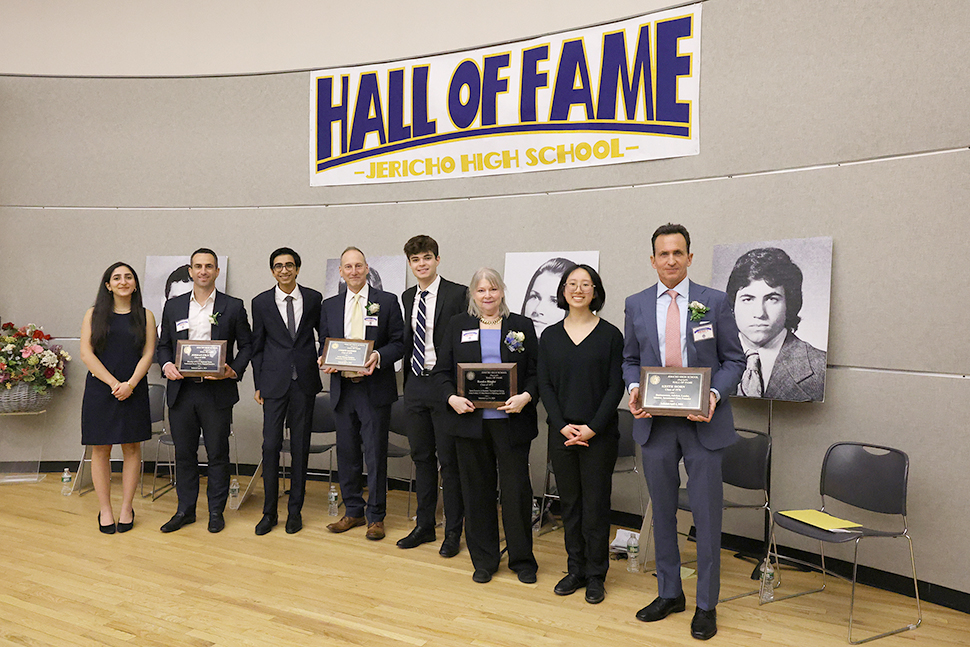
Another Four Added To The Jericho Hall Of Fame
On the evening of April 2 at the Jericho Public Library Theater, four distinguished Jericho High School seniors presented four new members of the Jericho High School Alumni Hall of
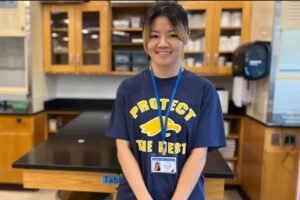
Passion For Chemistry And Teaching
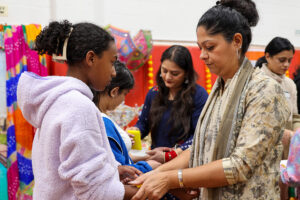
Multicultural Expo At South Woods
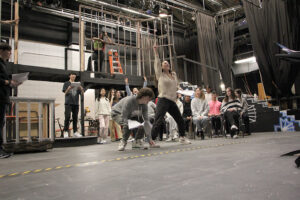
Syosset High School To Perform Chicago
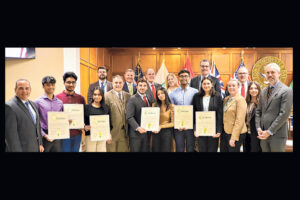
Town Honors Bethpage, Syosset Seniors For ReWild Environmental Project
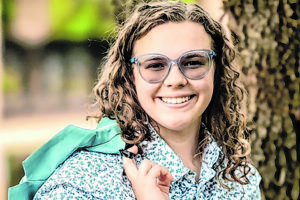
Girl Scouts Of Nassau County Honors Jericho Resident Allie McCormick At Annual Legacy Brunch
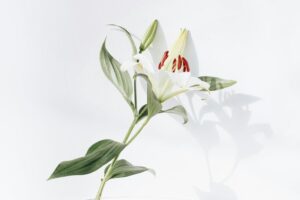
ERASE Racism Announces $200,000 Grant From Rauch Foundation
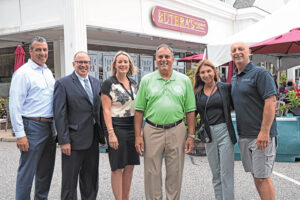
Town Waives Fees To Encourage Outdoor Dining Opportunities In 2024
Supervisor Joseph Saladino and the Town Board announced that the Town of Oyster Bay will waive all fees to encourage restaurants to offer outdoor dining

Hazardous Material, Homeowners Cleanup Days Kickoff For 2024
Free paper shredding services available during homeowners cleanup Oyster Bay Town Supervisor Joseph Saladino and Councilman Tom Hand announce the Town’s S.T.O.P. (Stop Throwing Out

Town Officials, DA Demand Stronger State Laws To Crackdown On Drug Dealers, Fentanyl Possession
Oyster Bay Town Supervisor Joseph Saladino and the Town Board took decisive action to address the opioid crisis and combat the proliferation of deadly substances
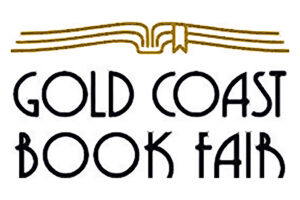
First-Ever “Gold Coast Book Fair” Coming To Oyster Bay, Long Island
Given the rich literary history of Long Island’s “Gold Coast” – stretching back to the days of Walt Whitman and F. Scott Fitzgerald – some
Model Train Show To Benefit Nassau County Police Explorers Program
Oyster Bay Town Supervisor Joseph Saladino and Councilwoman Laura Maier announced that Trainville Hobby Depot will host a Model Train Show on Saturday, April 13

Saladino Announces Paid Internship Opportunities For College Students
Oyster Bay Town Supervisor Joseph Saladino announced the return of internship opportunities for college students who are looking to gain meaningful work experience. The Town
TRENDING
Ukrainian Rocker Talks
Fundraising For Friends,
25 Years Of Touring
Gogol Bordello to play free benefit
in Tompkins Square Park
By Cory Olsen – April 15, 2024
THIS WEEK'S
SPECIAL SECTIONS
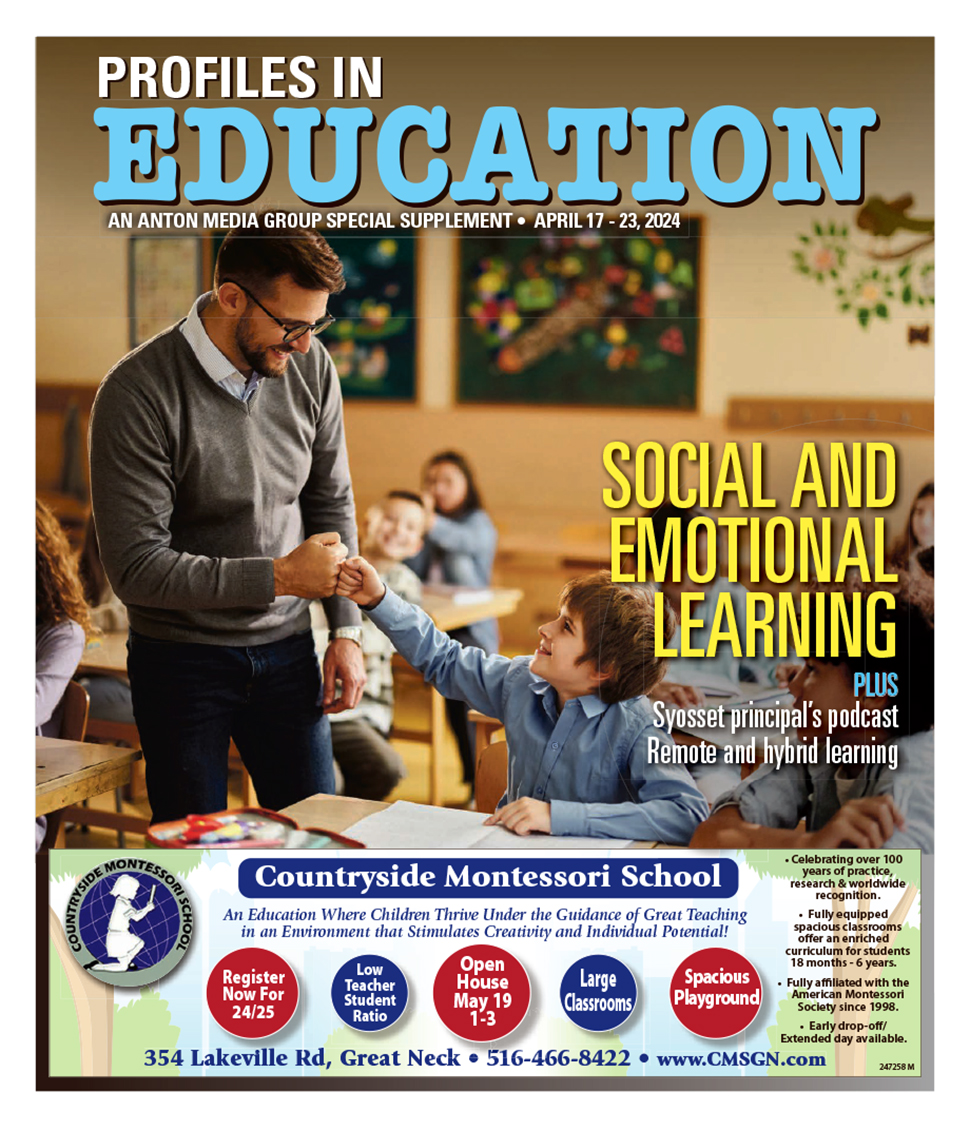
UPCOMING EVENTS
- Check back for future events



